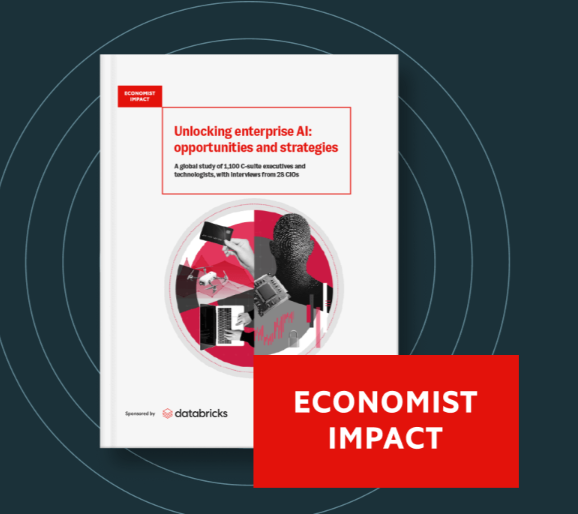New Economist Impact study finds ASEAN enterprises leading in data intelligence

ASEAN enterprises are leading in data intelligence with 74 percent training their large language models (LLMs) with enterprise data, a study showed Monday.
Databricks, the Data and artificial intelligence (AI) company, said in the New Economist Impact study that nearly half of data scientists (49 percent) across all of Asia Pacific (APAC) still rely on general-purpose LLMs without contextual enterprise data.
The study also showed the vast majority of ASEAN enterprises (91 percent) are using GenAI in at least one function.
However, only one in three (32 percent) believe their GenAI applications are production-ready.
Respondents across the Asia Pacific cite key hurdles, including cost (40 percent), skills (38 percent), governance (38 percent) and quality (33 percent).
Meanwhile, only 18 percent of ASEAN respondents believe AI is overhyped.
In fact, 77 percent see the technology as crucial to their long-term goals.
Despite the momentum, 37 percent believe investment across technical and non-technical domains is insufficient.
By 2027, 99 percent of all ASEAN respondents expect GenAI adoption across both internal and external use cases, said the study.
The study also showed ASEAN organizations expect to mix and match different models and tools in their agent systems, spanning open source and proprietary technologies, to drive better performance.
By 2027, 94 percent plan to deploy open source AI models.
Meanwhile, just 18 percent of ASEAN respondents are confident their organization can secure enough AI talent.
Only 20 percent of ASEAN respondents strongly agree that their organization’s data and AI governance are sufficient.
Enterprises face challenges with fragmented data estates, complicating discovery, access permissions, data usage, audits and sharing.
Governing AI models and tools is also vital to meet evolving AI regulations. To succeed, enterprises need a unified and open governance approach, said the study.
“From classic machine learning to generative AI, the business world’s obsession with AI isn’t letting up. But our findings show that, for many organizations, the real value comes when the technology is unleashed on their own proprietary data to develop data intelligence,” said Tamzin Booth, Editorial Director of Economist Impact.
“That data intelligence is even more valuable in an increasingly unpredictable world,
“To drive the algorithm advantage they’re seeking, it’s clear enterprises must address significant challenges with producing high-quality outputs, identify ways to evaluate performance and governance with large AI models, and work out how to effectively connect AI to the workforce,” she added.
It is noted as demand for data intelligence grows worldwide, AI remains a major focus area for companies.
Cited Goldman Sachs, Databricks said global AI spend is expected to reach $1 trillion in the next few years.
While more companies are investing in AI than ever before, struggles related to delivering business-specific, highly accurate, and well-governed results at a reasonable cost prevent organizations from scaling their AI efforts and achieving more transformational results.
“It’s clear that AI is becoming an integral part of every business, and the technology is emerging as a critical driver of business growth,
“Yet enterprises remain cautious, balancing ambition with concerns around quality, cost, and implementation,” said Cecily Ng, Vice President and General Manager for ASEAN at Databricks.
According to her, ASEAN organizations need AI platforms that prioritize data privacy, centralize governance, and deliver a sustainable total cost of ownership (TCO) at scale.
Senthil Ramani, Global Lead, Data and AI at Accenture, said AI can lead to gains in productivity across the workforce.
And for businesses just starting out on their AI journeys, he noted it’s a logical way to measure initial progress.
“However, organizations aiming to become the AI leaders of tomorrow will need to capitalize on the use of the technology to drive growth, enhance customer experience, manage risk and unleash enterprise knowledge,
“This holistic approach will not only boost efficiency but also open new business opportunities and can attract and retain talent,” he added.
The Economist Impact report surveyed 1,100 technical executives and technologists from 19 countries across Asia,
Europe and the Americas and included insights from 100 respondents from ASEAN countries, namely Malaysia, Philippines, Singapore and Thailand.
#AIAdoption #DataIntelligence #GenAI #ASEANInnovation #Ifvex


